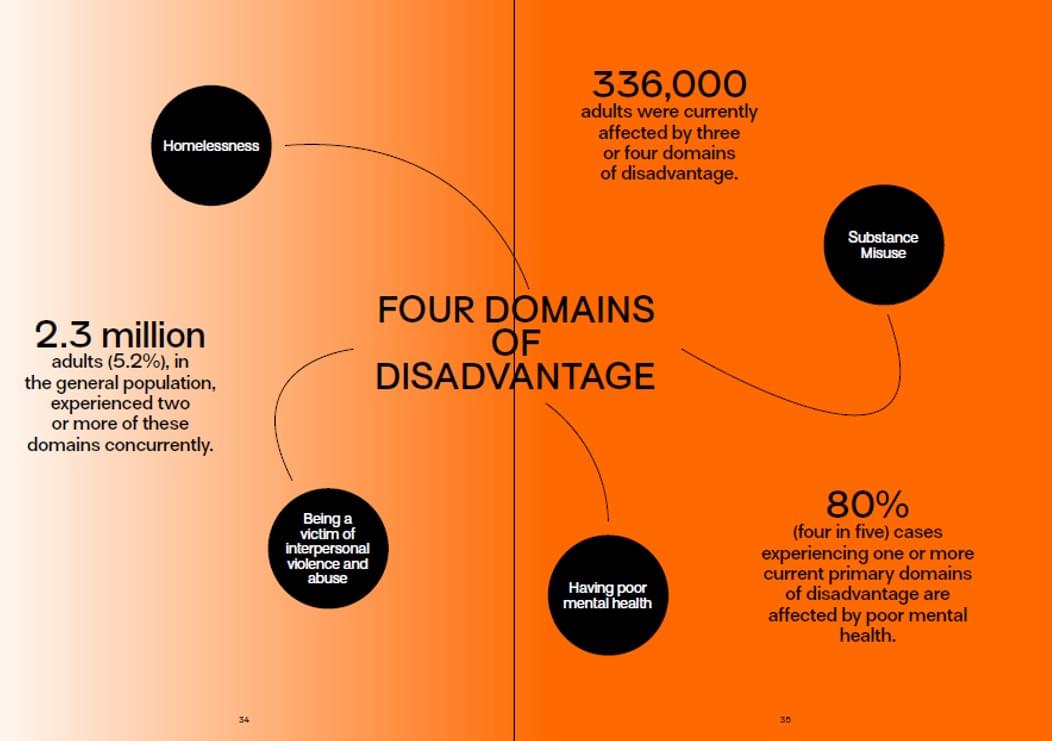3rd February 2020, words by Cathy Stancer,
Gender Matters is a report with personal resonance for us as women. We recognise the experience of ‘generic’ design (of services, research, products) actually being implicitly designed for men. We’re very lucky to work and thrive in a principled and reflective organisation as part of a leadership team which is two-thirds women but we’ve both experienced the alternative (including being instructed in writing about the properly meek behaviour appropriate in meetings!) as well as our own ‘me too’ moments.
We cannot claim solidarity or overstate shared experience with the women in the Gender Matters study. It would be insensitive to do so. Their experience of deep disadvantage, too often coinciding with violent oppression is something we are fortunate to avoid. But let’s not pretend or shy away from reality – too many women right now are experiencing violence and abuse, homelessness, substance misuse and mental ill-health. An astonishing 70 % of the 17,0000 people in this study who experience this harsh mix of challenges are women. 70%. So yes, there is a caveat, but we do feel a heartfelt resonance and connection…
At the same time, we realise, with discomfort, that we have reproduced some problematic dynamics ourselves. We know we have been part of work that takes an insufficiently critical approach, that fails to ask ‘whose experiences are we not noticing here?’ In the homelessness sector, for example, services for women were considered ‘specialist’, everything else ‘mainstream’. It is so easy to do. It happens without us even realising and it’s not straightforward to get the alternative right. How is it possible to hold in mind the patterns revealed by data about differences and similarities in the experiences of women and men while also being person-centred and recognising that those patterns are not blueprints?
We do know we have to do better and we think this is a collective endeavour. The report makes the case for this by its premise – you only have to shift your gaze a bit, ask slightly different questions designed to expose different experiences, and suddenly you are metaphorically face to face with lots of people you had not ‘seen’ before. We all have to don our ‘gender goggles’. This is absolutely necessary, we would argue, when grants programmes, services or research are being designed, commissioned, or delivered. If it doesn’t happen we silence people and ignore them, or we design things that risk making life worse. The response to women’s issues is often to think in terms of specialist or separate services – and whilst beneficial, and in some instances essential, we believe this is only part of the response. The pessimists in us think this collective critical thinking and questioning isn’t happening fast enough.
The big data in this report hopefully helps a bit but of course, the nuance comes from stories of experience. It comes when we start to ask ourselves ‘who or what are we not seeing?’ We also think it comes from processes of co-production where mutual learning and reflection happens. Bring all this together and the optimists in us believe change will follow.
Read either the summary or the full report here


Comments (0)